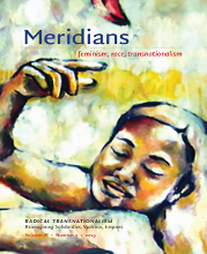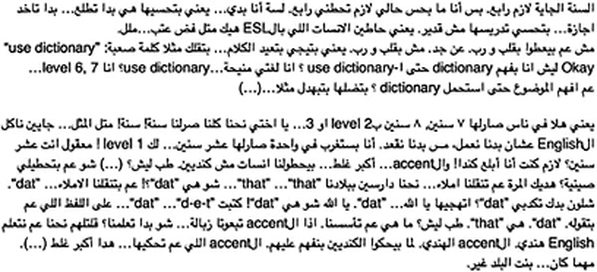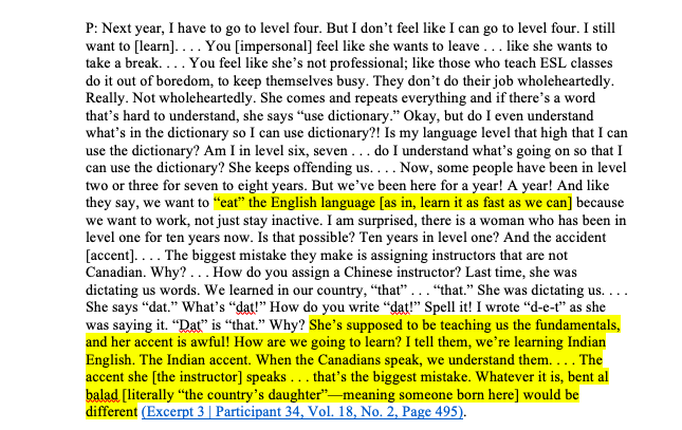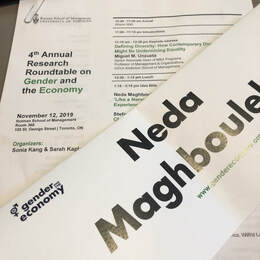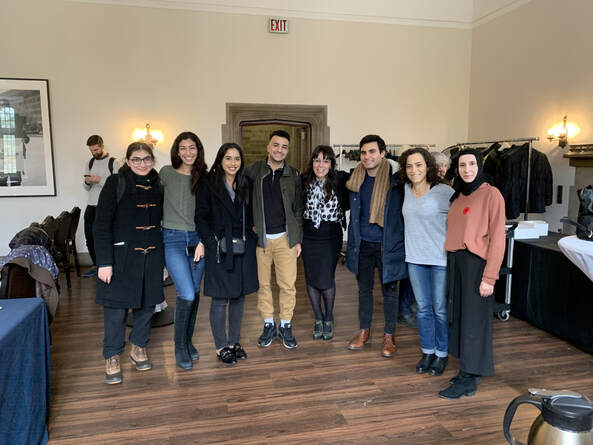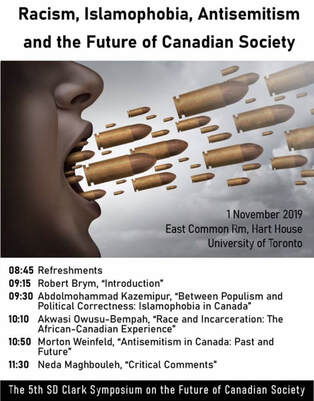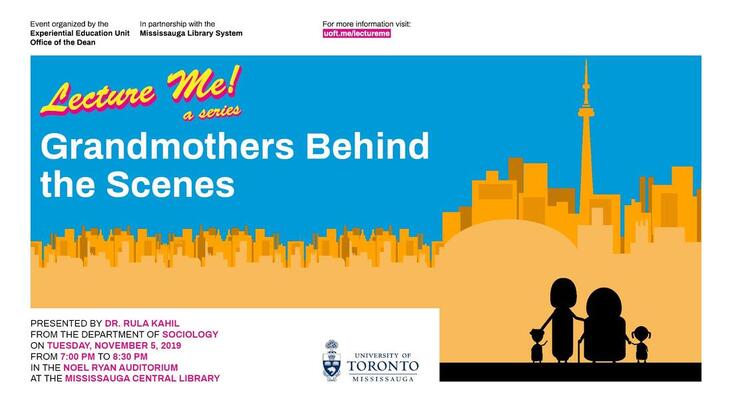The title of Laila’s symposium presentation was “Between Memory and Anticipation: Exploring the Role of Language in Shaping Refugee Mothers’ Perceptions of Past, Present, and Future.” She presented three main findings which emerged through interviews with Syrian newcomer mothers. The first finding—"native language and feelings of comfort and security in the past”—revealed that proficiency in the Arabic language is associated with mothers’ past feelings of comfort, security, and mastery in their home country and countries of transit such as Lebanon. Even as mothers learned English in Canada, it did not offer them the same feelings of comfort or security that the Arabic language afforded them in Syria or Lebanon. In fact, having to speak a different language in Canada stripped them of their sense of agency and mastery. The second finding—"language acquisition and future projections”—disclosed that mothers' lack of proficiency in the English language limits their ability to conceive of a concrete future and integrate into Canada. For instance, many mothers aspired to find employment opportunities in Canada or return to school, but language acquisition came as the first condition to even imagining a specific future in Canada. The third finding—“transformation of family dynamics”—described that language learning shifted traditional household norms that mothers and their families were accustomed to in Syria. Compared to their husbands, mothers often held higher levels of English language proficiency due to attendance in English language classes. Similarly, children were often relied upon as cultural brokers and translators due to having learned English at a faster pace.
Below are a few slides from Laila's presentation; however, the entire presentation can be heard and seen here.
Terrific work, Laila! – Maleeha
